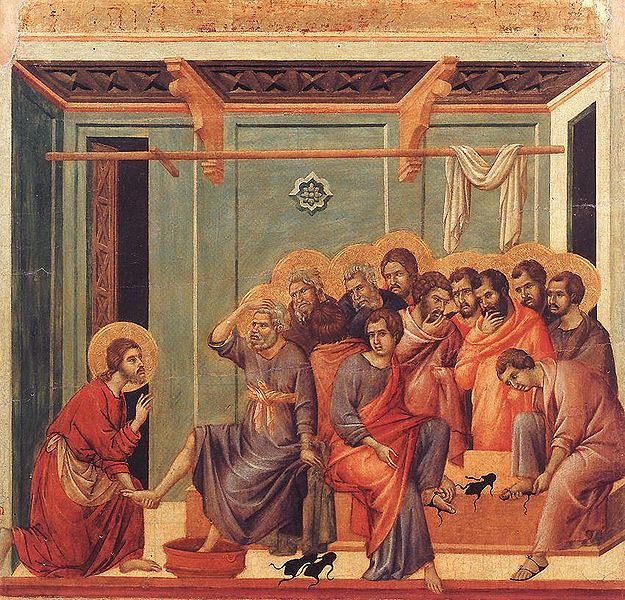 In his little book on the nature of faith, Transcending All Understanding, the Roman Catholic Cardinal and German theologian Walter Kasper draws upon Augustine to argue that faith is as much an attitude or disposition as it is a set of presuppositions:
In his little book on the nature of faith, Transcending All Understanding, the Roman Catholic Cardinal and German theologian Walter Kasper draws upon Augustine to argue that faith is as much an attitude or disposition as it is a set of presuppositions:
“Augustine differentiated three meanings of religious faith—the content-oriented belief that (credere Deum, to believe that God exists), the belief of trust (credere Deo, to believe God in the sense of trusting God) and the belief of the journey (credere in Deum, to journey toward God, and to do this in common with all the members of the Boyd of Christ).
But the theological understanding of faith has often been narrowed down to the first aspect. Faith was often one-sidedly understood as belief that and as the affirmation of propositions of supernatural realities. If belief is understood only in this narrow content-oriented fashion, then the crisis of faith consists in the fact that nowadays even many baptized Christians no longer accept all the church’s teachings with respect to many crucial points of doctrine—for example, the existence of angels and demons, the Virgin Birth and sexual morality.
The knowledge of faith has in many ways fallen to a new low today. This is a very serious phenomenon, for a faith without a content is an untenable faith, without an object in the twofold sense of the word. It quickly evaporates and is in danger of getting confused beyond recognition with other positions, movements, ideologies and utopias.
…But belief is much more than the affirmation of propositions such as one finds in a catechism. Belief is also an act and a carrying out [Augustine’s second usage of the word]; indeed, it is an attitude that determines one’s whole life. An aspect of the contemporary crisis of faith that should not be underestimated is the fact that many of the fundamental attitudes of belief—reverence, humility, trust and devotion—have become foreign to us. The act of faith and the content of faith have both come under attack today.”
We’ve all met individuals with “right belief” whose pride, flippancy, or sarcasm nevertheless hinders a true, deep faith in the triperspectival way in which Augustine speaks. So, the upshot of Kasper’s argument is that the church’s responsibility is twofold vis-à-vis spiritual formation. To be sure, she must faithfully disseminate doctrinal information, but just as crucial to the wellbeing of the flock is the cultivation of certain attitudes and sentiments conducive to the church’s lofty dogmas. Achieving the latter can be as difficult as doing the former. But J.I. Packer’s teeter-totter principal may be of help: do that which causes you to have a lofty view of yourself and you’ll necessarily have a diminished view of God. Conversely, insofar as you’ve humbled yourself before God, God will appear all the larger. As you go down, God goes up, and visa versa.















